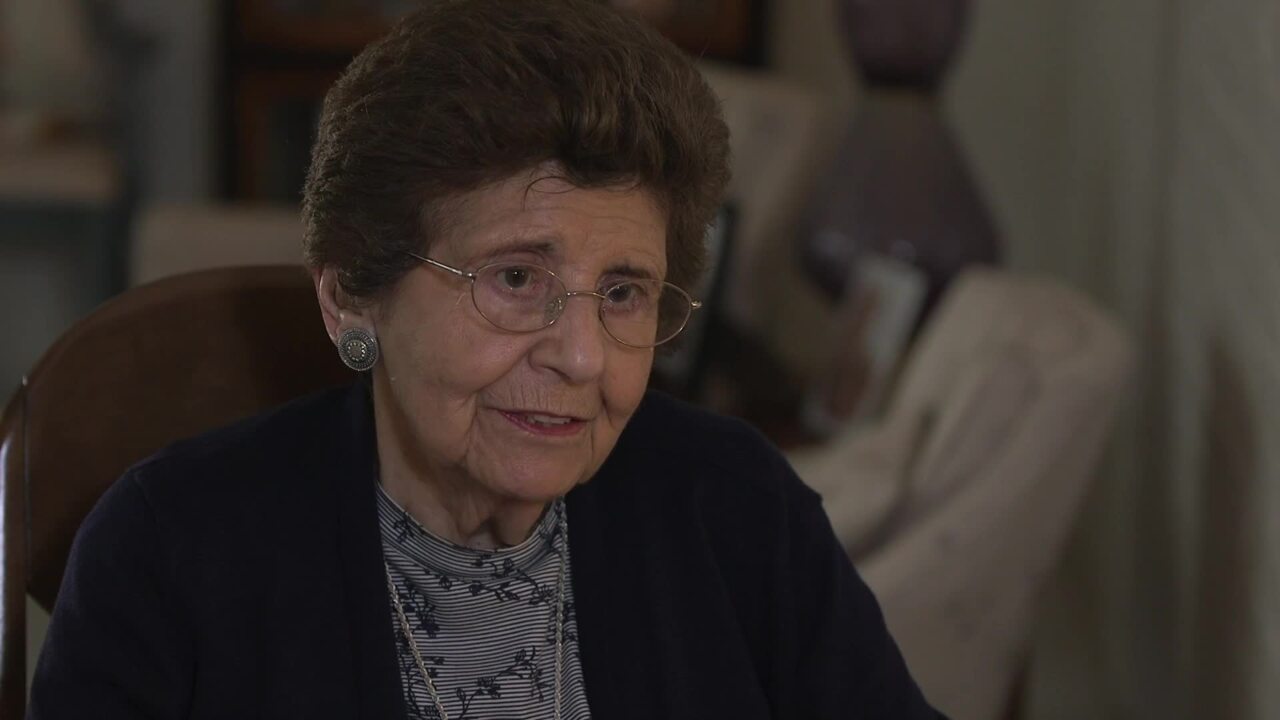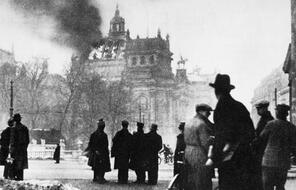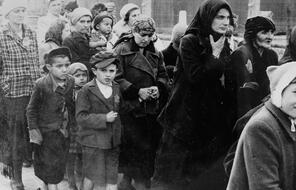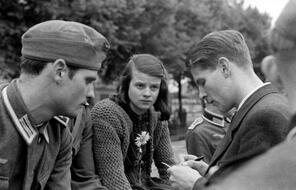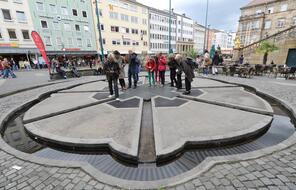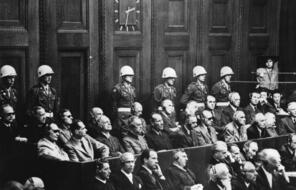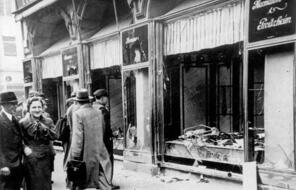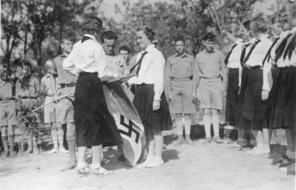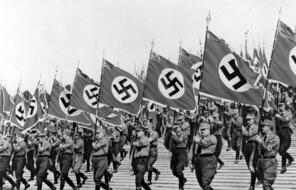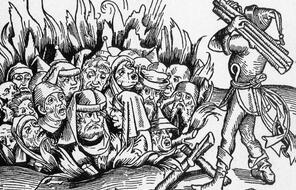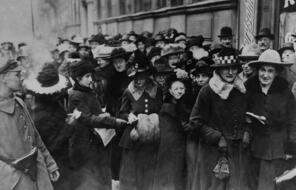When I was 10 years old, when Germany invaded Poland. So, overnight, from being a little girl, I became an enemy of the state, and our crime was that we were Jewish.
I remember of hearing about the German people. My father traveled a lot. Very often, he went to Berlin on business. When he came back, he would always bring me special gifts that you couldn't buy in Poland.
I especially remember the marzipan that were made to look like a fruit. And I saw the German people who were very famous, for the writers, it's composers. And they were normal people, people like us. They were doctors, and lawyers, and bricklayers, and plumbers, fathers, husbands, sons.
I just couldn't imagine. My idea of the war was about two armies fighting against each other, probably on a big football field that I could even watch because my grandparents lived right across the street from one of those big football fields. And when there were games, our families together in their apartment to watch from the window. They wouldn't have to pay for the ticket to go in. And I could not imagine war any other way.
My father and his brother, and my mother's brother, they all fought for the independence of Poland. Because Poland was never independent, it was always divided. And in 1918, after the first war, Poland became independent.
And my mother's older brother, who was a surgeon on the battlefield and he was killed. My grandparents received a special medal. And they were sure that the Germans will respect that. We were very naive because we couldn't imagine-- I mean, just 20 years after the war. And it was impossible to imagine another war that would be any different, that people would be that cruel. And of course, we were very much mistaken.
I remember watching this Germans when they marched into Krakow with the tanks and with the cars they had, and with their uniforms, with their rifles. And they were very scary looking, very scary looking.
And overnight, they started to issue orders to take away freedom from the Jewish people. So that, for example, the first thing was that Jews were not allowed to own any businesses. We were not allowed to go to school anymore, any of the Jewish children. All the professors, anybody that taught in school was actually arrested and sent away and we had no idea.
We were actually told that everybody under 10, under 12, and anybody over 55 would not remain in Krakow, would not get a permit. And that those people would be sent to the farms to help the farmers grow food for the German soldiers.
And naturally, we believed it because how could you imagine not to believe something that-- something that was unthinkable. I remembered also that, for example, we were told that we had to turn in-- and if we had a radios. Anything that was gold, silver, crystal, fares. We were not allowed to own pets. We were just not allowed to walk on the sidewalk.
We, in Krakow, we had to wear white armband with the blue Star of David. And my parents were able to falsify my birth certificate. So to make me two years older. I was lucky, I was tall for my age. And I was able to pass as a 12-year-old.
And the time came that the things that we saw were unthinkable. When we saw the Germans grabbing the religious Jews on the street, and would shave, cut off their beards, and beat them up.
My father was saying, somebody-- The world is going to hear, and they will come and save us. Well, the world did hear, but somebody didn't care. They did not care about what was happening to us.
People from Krakow, a lot of them were being sent away, they did not get permits to remain in Krakow. And finally, when they sent away enough people from their point of view, and we never heard from those people again. So every now and then, somebody would get an urn with ashes-- telling them that their loved ones had died.
There was talk. There were whisper about Belgians, where people were killed while in the cars. And later on, there were rumors about Auschwitz, about the crematorium. But it was so unbelievable that nobody believed it.
You cannot really believe it, that human beings can be able to do such horrible things and get away with it. Everybody was silent. The church, the people, the judges in Germany. There was a time when they could have stopped it.
